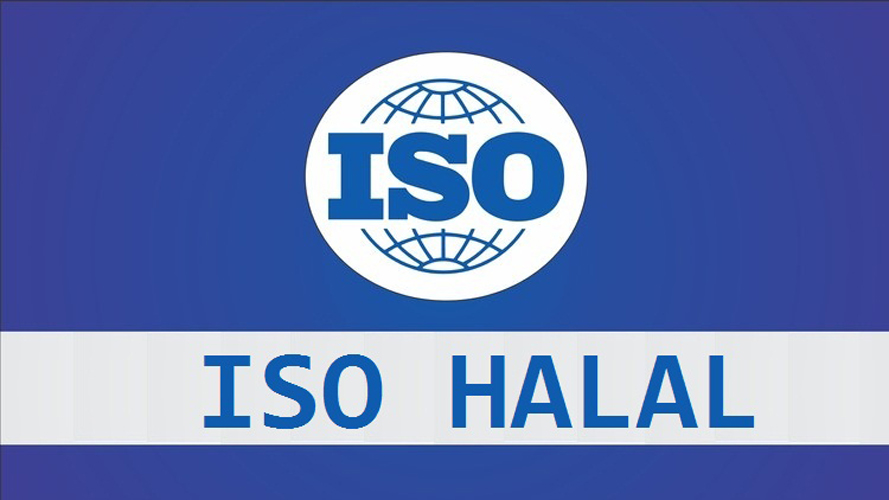Halal Certification
What is Halal Certification?
Halal certification is a process that verifies that products, ingredients, and services comply with Islamic dietary laws, known as Shariah. Halal, meaning “permissible” in Arabic, refers to what is allowed under Islamic law. This certification is crucial for businesses that aim to serve Muslim consumers, ensuring that their products meet religious requirements.

Why is Halal Certification Important?
Halal certification is not just about religious adherence—it’s also a mark of quality that resonates with a global audience. Here’s why Halal certification matters:
- Market Expansion: With a growing global Muslim population, Halal certification opens access to new markets, allowing your products to reach millions of potential customers.
- Consumer Confidence: Halal certification reassures Muslim consumers that your products are prepared according to Islamic guidelines, building trust and loyalty.
- Quality Assurance: The rigorous standards of Halal certification often align with broader quality and safety practices, enhancing the overall appeal of your products.
- Ethical Standards: Halal certification also emphasizes ethical practices, including humane treatment of animals and fair trade, which appeal to consumers beyond the Muslim community.
What Products Can Be Halal Certified?
Halal certification applies to a wide range of products and services, including:
- Food Products: Meat, dairy, processed foods, beverages, and more.
- Cosmetics and Personal Care: Products that do not contain alcohol or animal-derived ingredients that are not Halal.
- Pharmaceuticals: Medicines and supplements that meet Halal standards.
- Food Services: Restaurants, catering, and food preparation facilities.
- Non-Food Items: Packaging, cleaning agents, and other products used in the production process.
The Halal Certification Process
Securing Halal certification involves several essential steps:
- Application and Documentation: The process begins with an application where you provide detailed information about your products, ingredients, and production methods. You will need to submit documents that outline your sourcing, handling, and manufacturing processes.
- Facility Inspection: A Halal certification body will inspect your production facility to ensure that all operations comply with Halal standards. This includes verifying that no Haram (forbidden) substances are used and that contamination is prevented.
- Compliance and Certification: If your facility meets the required standards, you will be granted Halal certification. Your products can then be labeled with the Halal mark, indicating they are certified for Muslim consumers.
- Ongoing Compliance: Halal certification requires regular inspections and audits to ensure continuous compliance with Islamic laws. This ongoing oversight is crucial for maintaining your certification.
Why Choose Us for Halal Certification Services?
At THE BIGISO, we are committed to helping businesses achieve Halal certification with ease and efficiency:
- Expert Knowledge: Our consultants are well-versed in Islamic dietary laws and the specific requirements for Halal certification. We provide clear guidance throughout the process.
- Customized Solutions: We tailor our services to meet the unique needs of your business, ensuring a smooth certification process.
- Comprehensive Support: From initial consultation to final certification, we offer full support, helping you navigate the complexities of Halal compliance.
- Global Recognition: Our certification is recognized by major Halal authorities worldwide, enabling your products to be accepted in all Halal markets.
Ready to Get Halal Certified?
Expand your business and gain the trust of Muslim consumers by obtaining Halal certification for your products. Contact us today to learn how we can help you achieve Halal compliance and grow your brand in the global Halal market.
